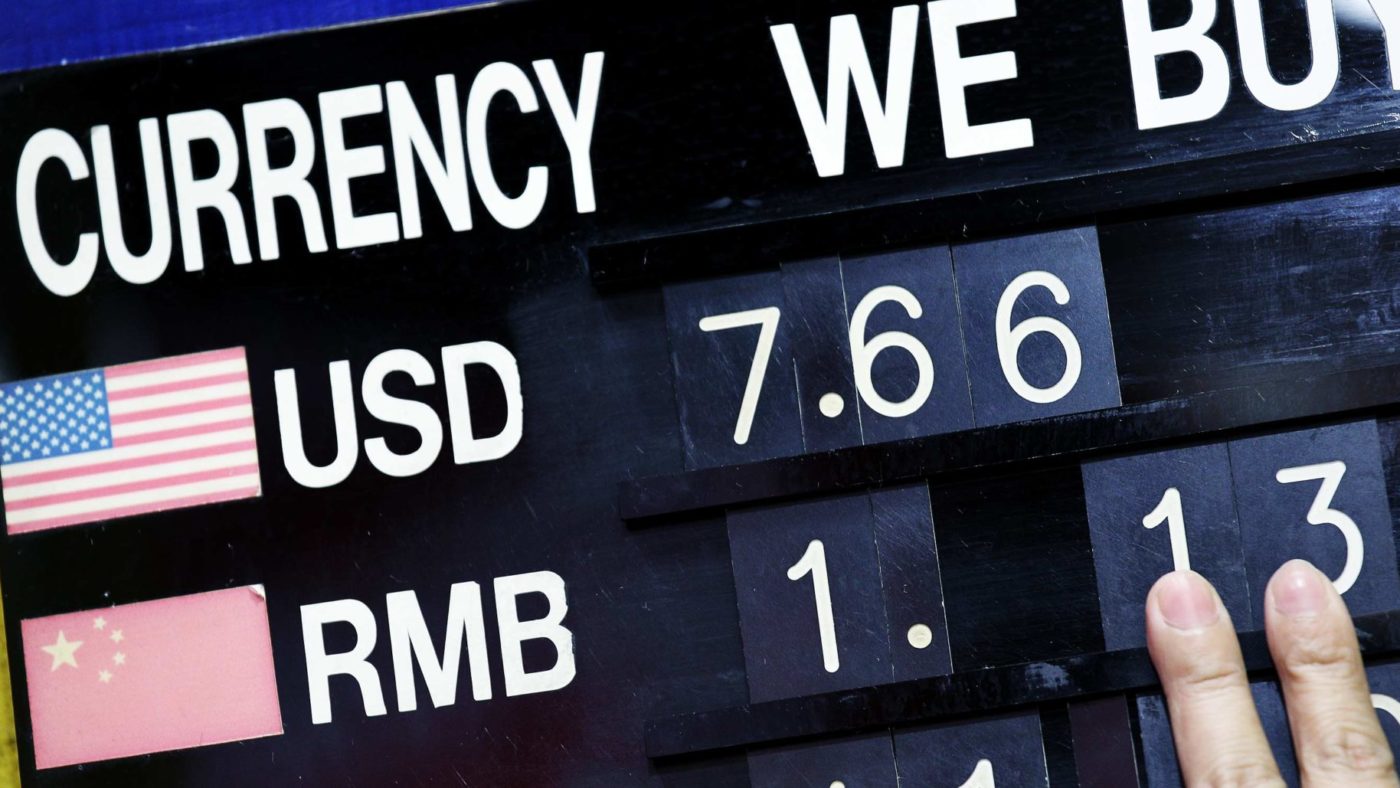As with most crises the world is facing the mother of all dollar squeezes right now, as everyone and their dog is trying to get their hands on the venerable greenback.
The eurodollar system — the true ruler of our world — is under extreme strain. Outside America the US dollar is the closest thing the world has to reality (Gold being the ultimate reality, but thankfully we unhooked ourselves from that disaster a while back). When debts come due everyone is short dollar.
Traditionally the Federal Reserve has acted like the neglectful parent to the eurodollar market, assuming the mantra of “our currency, your problem”. But never before has it faced a situation where that approach could so seriously work against US and western interests.
Consider the following scenario: A few weeks from now the dollar has continued to appreciate. Emerging Markets — African, South American, Asian countries — whose debts are denominated in US dollars and whose currency are collapsing against the dollar face no prospect of honouring their USD denominated debts.
So what do they do? Well, originally they had an array of customers with different currencies who all trade through the eurodollar system, but over the past decades one customer has grown larger and larger. Rather than approaching the IMF or World Bank for some hard USD medicine, why not default on USD denominated debt and switch your trade system to one based on this country’s currency?
“Ah, but they need USDs for basic commodities like oil”. Not true – China now has a petro-RMB system that allows for the settling of oil in RMB. Additionally, many resource rich states have a hate-hate relationship with the American politicisation of the dollar. I don’t think there’d be much push back on moving to a trade system that moves orthogonal to the broken eurodollar one.
“But what about other goods that are priced in USD?”. Do you really think if China said to the German industry now “we’re happy to forward-buy 100,000 widgets, but we’re only prepared to pay in RMB” the German industry would refuse?
And, yes, of course China’s financial sector is a closed shop, but that’s not important for the internationalisation of RMB. China has many friends to help with that.
If China starts to look more open and starts returning to normal whilst the US is still mired in issues surrounding Coronavirus, which looks like the natural global safe haven — a heavily indebted country that consumes what the rest of the world produces or a heavily indebted country that produces what the rest of the world consumes?
And what worth then is the US dollar? Debts are being defaulted on left, right and centre and commodity exporters now have a choice with which paper to swap their hard stuff for. Which do they chose?
Obviously, this is all just speculation and the future never turns out in quite such a crystal clear manner, but for the first time we can see a route through to a Chinese / Renminbi world order.
Will the newly-nationalised US Federal Reserve wake up to the threat it faces and start to operate like the global central bank the eurodollar world desperately needs? The future of US hegemony may depend on it.
Click here to subscribe to our daily briefing – the best pieces from CapX and across the web.
CapX depends on the generosity of its readers. If you value what we do, please consider making a donation.


